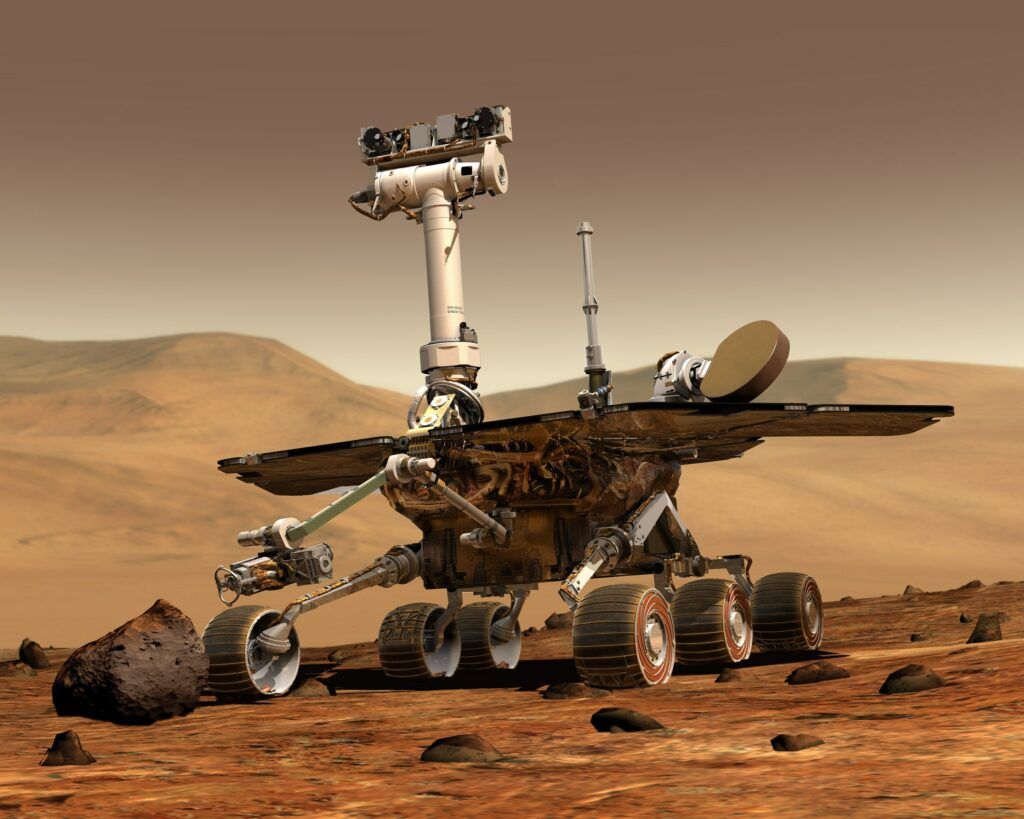In a successful field trial, engineers test the capabilities of three self-driving rovers on Mars-like terrain in the Sahara Desert.

Ever since the first successful landing on Mars in the 1970s, scientists have striven to deepen their knowledge of the red planet’s surface. The first successful rover, the Sojourner, was deployed on Mars’s surface in July 1997. Since then, there have been another three successful robotically operated rovers on the planet, collecting information on water, rocks, soils and minerals, and the presence of organic material.
Scientists working on the EU-funded PERASPERA project took up the challenge of creating rovers that can cover greater distances in a day, make their own decisions and work with other rovers to access difficult sites. Coordinated by the European Space Agency (ESA), the project recently conducted Europe’s biggest rover field test involving 40 engineers. The trial took place on the northern edge of the Sahara Desert in Morocco, where the terrain is said to resemble that of Mars.
From lab to field
Three self-driving rovers – Mana, Minnie and SherpaTT – were tested over 2 weeks to see if they would work well in a Mars-like environment.
The rovers of tomorrow
One of the rovers, the SherpaTT, travelled 1.3 km entirely autonomously. In fact, after spotting some unusually shaped stones, it instructed the main planner to position itself better so that it could capture more images. The autonomous long-range navigation and decision-making capabilities demonstrated by the rover are vital to the future exploration of Mars.
PERASPERA (PERASPERA (AD ASTRA) Plan European Roadmap and Activities for SPace Exploitation of Robotics and Autonomy) ends in 2019. The project’s achievements include key technologies and robotic systems for on-orbit satellite servicing and planetary exploration. Project results will be used to support an orbital robotics space mission planned for 2023.






Leave a Reply